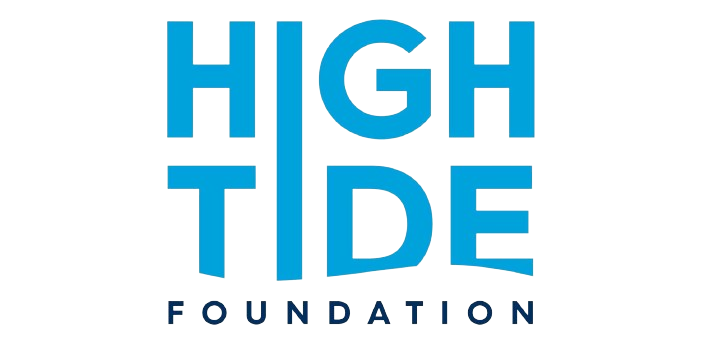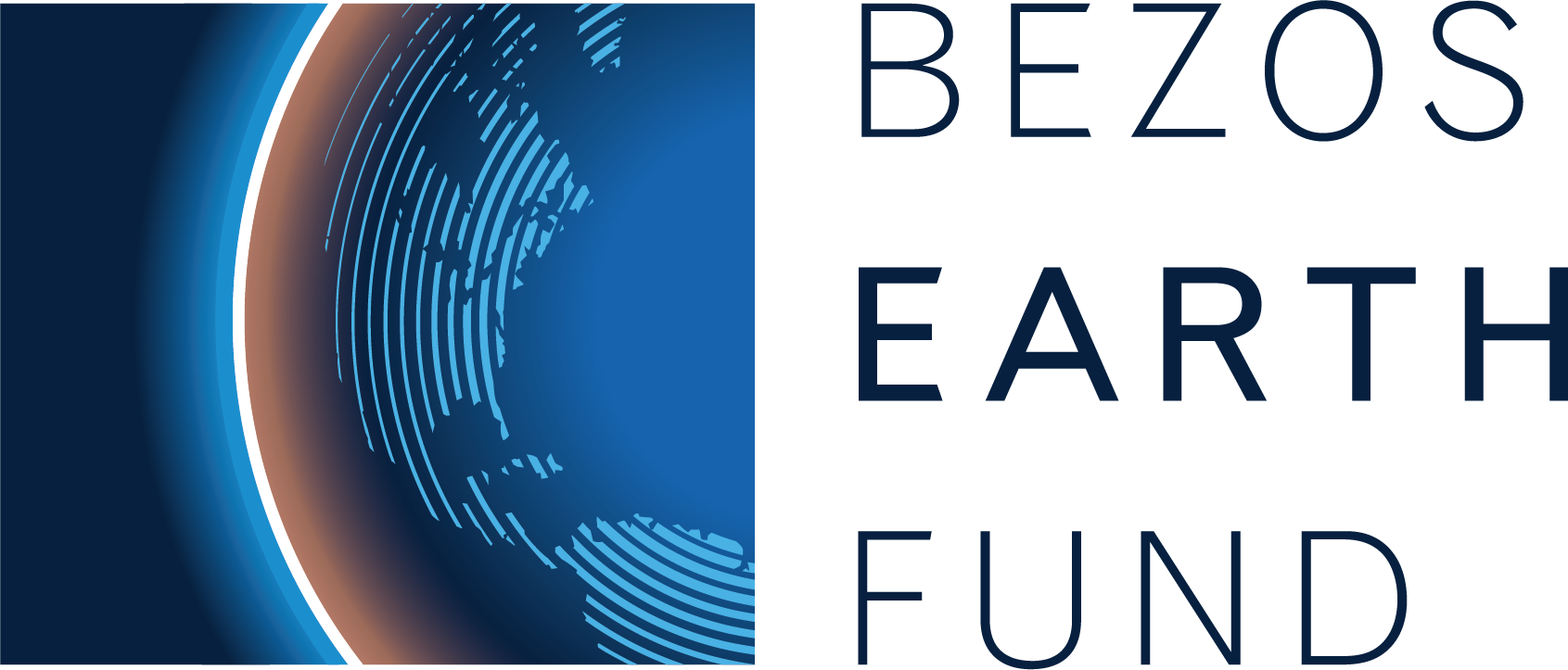Integrity Council reaches new milestone, assessing 100 carbon credit methodologies against high-integrity benchmark
Written by ICVCM
Published

First approvals under Core Carbon Principles due in March
The Integrity Council for the Voluntary Carbon Market today announced that it has reached a new milestone and will now begin assessing more than 100 active carbon credit methodologies for adherence to the high-integrity Core Carbon Principles (CCPs) with the aim of announcing the first decisions by the end of March.
An expert group comprising members of the Integrity Council’s Governing Board, its Expert Panel, and external stakeholders has completed its work to group similar carbon credit methodologies into 36 different categories, which will now undergo one of three types of assessment:
- Categories covering 47% of carbon credits in the market (ICVCM market share calculations relating to total issuance of these categories, based on data from most VCM registries) raise complex issues in specific areas and will be assessed by Multi-Stakeholder Working Groups, including Expert Panel members and external experts with relevant knowledge. These include renewable energy, efficient cookstoves, improved forest management, and reducing deforestation (known as REDD+ – Reducing Emissions from Deforestation and Degradation in Developing Countries).
- Categories covering 8% of carbon credits in the market will be assessed internally by the Integrity Council secretariat and members of its Expert Panel. These include capturing methane from mines and landfill sites, detecting and repairing leaks in gas systems, destroying chemicals that damage the ozone layer and reducing emissions of the powerful greenhouse gas sulphur hexafluoride.
- Categories covering 1% of carbon credits in the market are considered unlikely to meet criteria in the CCP rulebook and will only be assessed once other assessments are complete. These include new natural gas power, waste heat recovery, and industrial energy efficiency
Programs can exclude methodologies from the assessment process. Verra included its new REDD+ methodology for assessment. It excluded its previous REDD+ methodologies, which make up 27% of credits in the market, and put forward only the latest methodology versions for some project types. It has announced that it is creating a pathway that enables projects to transition to these latest versions.
A further 6% of methodologies have either been excluded by other programs or are older methodologies covering a small number of credits in the market. Remaining credits in the market have not yet been allocated to an assessment track for various reasons, including data inconsistency, because some projects use more than one methodology, some methodologies are inactive, and because some small methodologies are yet to be categorised.
Carbon-crediting programs with a 98% share of the market have already applied to use the CCP label and are being assessed by the secretariat in parallel with the assessment of categories. Programs that meet the criteria will be able to use the CCP label on existing and new credits from categories that have also been approved.
Annette Nazareth, Integrity Council Chair, said: “The Core Carbon Principles establish a global benchmark for high integrity. We know buyers are eagerly awaiting CCP-labelled carbon credits. We are keen to ensure the labels reach the market as soon as possible while ensuring that we properly consider complex issues and make the right decisions.
“Some assessments will be quicker to make than others, but this is no reflection on the depth of the assessment or the quality of the methodologies or programs. For example, it is easier to quantify methane emissions captured from landfill gas sites than the impact of measures taken by a remote rural community to preserve a forest. All categories will be assessed with the same rigour for adherence to all our criteria, the only difference is that there will be more experts involved where the technical complexity of the category requires it.”
The Integrity Council expects to begin announcing the results of its assessments by the end of March. It has set up dedicated pages on its website listing all categories and all programs under assessment where it will keep the market informed of their progress. It will make public the decisions of the Governing Board with a rationale and will clearly explain any negative decisions. It may not approve all methodologies in a given category.
If, after assessment, the Board is likely to require remedial action before approving a program or category or not to approve it at all, programs will be informed and will have a right to make submissions and have a hearing before a decision is taken.
The CCPs are ten fundamental principles for high-integrity carbon credits underpinned by detailed criteria set out in the CCP rulebook.
- They must make a genuine impact on emissions, funding reductions or removals that are additional (i.e., they would not have occurred in the absence of the incentive created by carbon credit revenues); permanent; measured robustly and conservatively; and counted only once.
- All new projects will have to put in place robust social and environmental safeguards that deliver positive sustainable development impacts, including securing free, prior and informed consent from Indigenous Peoples and local communities. They must also support the transition to net zero and not lock in fossil fuel emissions or technologies.
- Programs must meet high standards of governance to ensure the quality of carbon credits. They must provide comprehensive and transparent information on projects issuing credits so people can understand their impact on emissions, society and the environment; have emissions impact verified by independent experts; and use registries to track credits.
The CCP label is designed to build trust in the market and introduce standardisation that will enable it to scale. It aims to mobilise private capital for projects to reduce and remove billions of tonnes of emissions that would not otherwise be viable.
High-integrity CCP-labelled credits will help channel climate finance to countries in the Global South, helping them achieve their national climate goals. They will enable buyers to identify and support the best projects that reduce and remove emissions, from action to protect and restore forests to scaling innovative clean technologies that are hard to commercialise.
The Integrity Council’s work to establish integrity in the supply of carbon credits is complemented by work to ensure integrity in the way they are used, led by the Voluntary Carbon Markets Integrity Initiative (VCMI). Its Claims Code of Practice guides companies on how to use credits to make credible claims about their progress towards net zero commitments, and includes the requirement to buy credits which meet the CCP quality threshold.
Governments and regulators are also looking to the CCPs as an international standard that can be incorporated into their frameworks. The UK has said it intends to endorse the CCPs and consider how to reflect them in policy, regulation and guidance. The Monetary Authority of Singapore is exploring how to align its transition credits with the CCPs. The Commodity Futures Trading Commission has published draft guidance on listing carbon credit derivatives that is in accord with the CCPs.
The Integrity Council is establishing a Market Consultation Group for organisations and individuals involved in the voluntary carbon market. It will hold a series of webinars and in-person events to keep them informed about the progress of its work to introduce the CCP labels and to gather feedback on market infrastructure and business process requirements.
The Market Consultation Group’s first meeting will be an open webinar for market practitioners at 15.00-16.00 GMT on February 8th. The meeting will cover how assessment decisions will be communicated to the market. To take part, attendees must first sign up here to join the Market Consultation Group and then register for the webinar here.
ENDS
For more information and to arrange interviews please contact:
David Mason [email protected] +44 7799 072320
Georgia Crump [email protected] +44 7565 398747
Notes for Editors
The Assessment Process for carbon-crediting programs and categories of credit is set out in detail from page 110 of the CCP Rulebook.
About the Integrity Council
The Integrity Council for the Voluntary Carbon Market (Integrity Council) is an independent governance body for the voluntary carbon market, which aims to ensure the voluntary carbon market accelerates a just transition to 1.5°C.
The Integrity Council aims to set and maintain a voluntary global threshold standard for quality in the voluntary carbon market. The threshold standard is based on the Integrity Council’s Core Carbon Principles (CCPs) and is implemented through an Assessment Framework that sets out what high quality means by reference to those principles. The result is a threshold standard and label that provide a credible, rigorous, and readily accessible means of identifying high-quality carbon credits.





